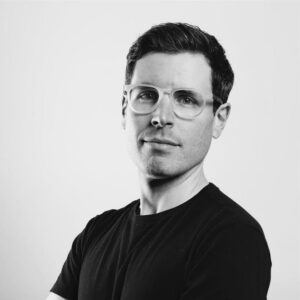
In this video:
The Covid-19 pandemic has put a spotlight on urban health issues that have been longstanding, but not widely understood among built environment and property professionals. A lack of equity and inclusion in the way urban environments are planned and managed means that they tend to disadvantage or exclude women, children, the elderly, disabled, low income and racial minority groups, resulting in avoidable health impacts. In addition to social injustices, Covid-19 is exacerbated by environmental degradation, leading to the pandemic being called a syndemic by some health experts. Environmental destruction increases our risk of exposure to zoonotic diseases and worsens the climate and biodiversity loss crises. These urgent challenges mean that we need to reach a shared understanding of the meaning and form of healthy urban environments in order to plan cities that support population health now and into the future. The new THRIVES framework (Towards Healthy uRbanism: InclusiVe Equitable Sustainable) reframes the concept of healthy urban development to support better design and decision-making.
Speaker: Helen Pineo (Lecturer in Sustainable and Healthy Built Environments, UCL Institute for Environmental Design and Engineering)
Dr. Helen Pineo MRTPI is an urban planner and academic who specialises in healthy and sustainable urban development. She is a Lecturer in Sustainable & Healthy Built Environments in the Bartlett Faculty of the Built Environment at University College London. Her research focuses on urban design, planning and governance in relation to urban health and sustainability. Helen has investigated the development and use of urban health metrics. Prior to entering academe in 2018, she worked as an urban planner for over a decade on new developments and planning policy, in the UK and internationally. She has worked at the Building Research Establishment, Local Government Association and in national and local government in the areas of sustainable urbanisation, health, climate change and low carbon energy. Since 2015 she has been a Design Council Built Environment Expert and she holds numerous expert advisory roles in government and industry.
Organised by
Explore more

Become a Member!
For unlimited access to all articles and videos, become a member though our Patreon. Your support means that we can sustain creating resources and events, elevate a growing community of practice, and further our collective values and mission.
